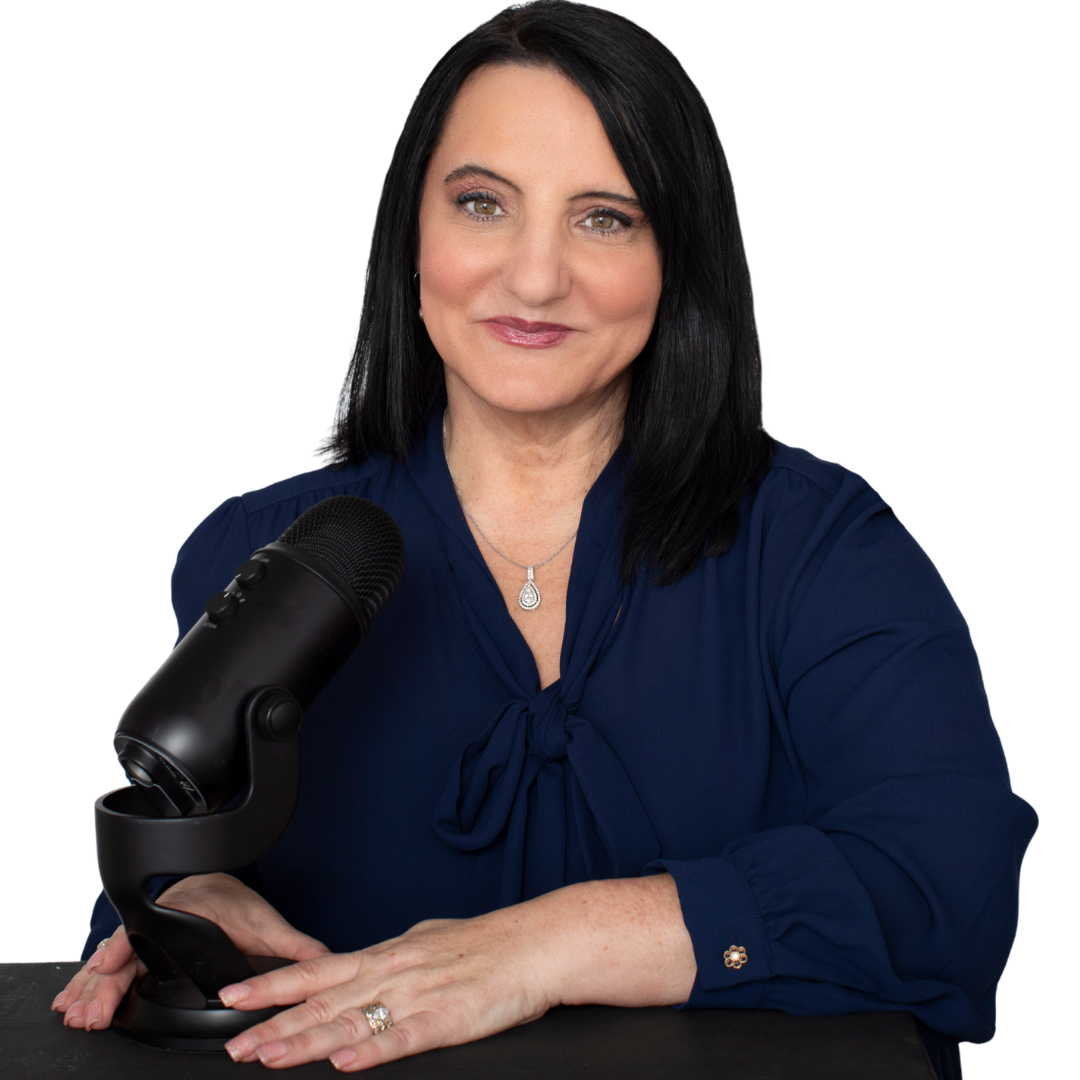When your child is left out, it’s the kind of heartbreak you don’t forget. I’ve sat in that front-row seat—literally—and watched it happen in real time. And I want you to know: I see you, I’ve been you, and I’m still holding space for the hurt it brings.
In this episode, I’m sharing the very raw, personal story of how my son was excluded from a major school event. I’ll walk you through how I handled it (internally and externally), what I said to the teacher, and what I wish every parent would remember when it comes to teaching their child about friendship, social skills, and emotional regulation.
Why does it hurt so much when your child is left out?
Because we know how wonderful our kids are. We see their kind hearts, their quirky humor, their potential—and when other kids ignore or reject them, it feels like the world just can’t see what we do. That disconnect is painful. And when it happens publicly, it cuts even deeper.
At my son Giancarlo’s 8th-grade graduation, several of the other boys made speeches that mentioned all their friends—except him. He was the only child left out. I was sitting in the front row, so proud, so ready to celebrate his incredible journey as a dyslexic student who worked harder than most to get there. And instead, I sat in silent shock while my heart cracked open.
How should we respond when our child feels left out?
First, we have to co-regulate. I wanted to scream, to cry, to throw my arms in the air and demand someone fix this. But I didn’t. Because our job in that moment is to stay present. To model regulation. To hold our kids close emotionally, even if we can’t erase the pain.
What I didn’t do was rush to “fix it.” What I did do was sit with the discomfort. And later, I had a calm but direct conversation with the teacher. I told her how this impacted my son—not to place blame, but to make sure it never happens again. She cried. She apologized. And she owned it. That mattered.
Should you talk to other parents or teachers when these things happen?
Yes, but with intention. I didn’t blame the other kids. I didn’t even blame the parents. But I did hold the adult in charge—the teacher—accountable for letting it happen. In small school settings, we have the chance to teach inclusion. We need to take it.
🗣️ “Sometimes you can’t fix why your child was left out… but you can open conversations that protect the next kid from being excluded.” — Dr. Roseann
What if your child struggles with social skills or emotional regulation?
That’s when you go deeper. Ask yourself the hard questions: Is my child reading social cues? Can they join in conversations? Are their emotions getting too big, too fast?
These aren’t easy things to assess, but they are teachable. I’ve had parents come to me heartbroken, saying their child has never once been invited to a birthday party. And after working on regulation and social interaction, that same child got invited—for the very first time. That’s the power of regulation-first support.
When your child is dysregulated, it’s easy to feel helpless. The Regulation Rescue Kit gives you the scripts and strategies you need to stay grounded and in control.
Become a Dysregulation Insider VIP at www.drroseann.com/newsletter and get your free kit today.
How do we help our kids build real friendship and self-worth?
It starts with reminding them that being excluded doesn’t mean they’re unworthy. It’s not about forcing them to “make more friends” or pretending it didn’t happen. It’s about sitting with them and saying, “I see how hard this is. I’m here with you.”
We also have to teach emotional language, coping skills, and self-regulation. And yes, sometimes that means hosting the lunch, organizing the group, becoming the safe space where other kids come to play. That’s what I did for Max when he was struggling—and it helped build confidence and connection.
I know how hard it is to watch your child feel left out—of a birthday party, a class activity, or even just a group chat. While we can’t prevent every hurt, we can support them in powerful ways:
When we respond with love and tools—not just advice—we help our kids heal and grow stronger for the next time.
Speak up when you need to. Sit in it when you have to. And always, always remind your child: They are worthy—just as they are.
Tired of not knowing what’s really going on with your child? The Solution Matcher gives you a personalized recommendation based on your child’s behavior, not just a label.
It’s free, takes just a few minutes, and shows you the best next step. Go to www.drroseann.com/help
FAQs
Is it normal for kids to exclude others?
Yes—and it’s a sign they need guidance. Children are still learning how to navigate emotions, group dynamics, and empathy. Use these moments to teach—not shame—them toward better social behavior.
How does being left out as a child affect you?
Exclusion can deeply impact a child’s self-worth, leading to anxiety, low confidence, and social withdrawal. Those emotional wounds often carry into adulthood—unless we step in with love, regulation tools, and validation.
How can I help my child make more friends?
Create opportunities for connection—host a playdate, join a club, or practice social scripts at home. Start with regulation first, then gently coach your child in reading cues and joining in.

